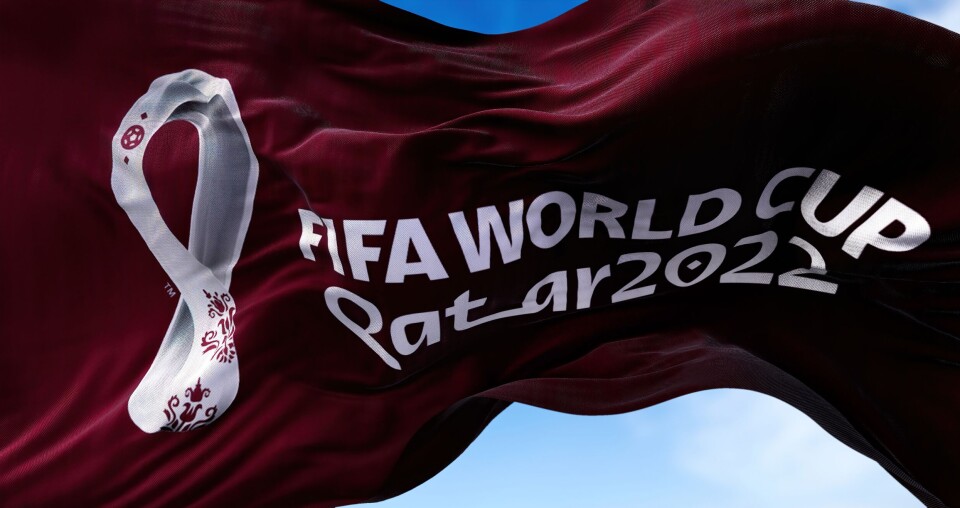-
Warnings after dog poisonings in south of France countryside
More than 20 dogs, including truffle hunting animals, have been poisoned by mysterious pellets
-
Poll: People in France very attached to local public services
Almost four in 10 would support paying more tax to ensure services remain well-funded
-
US ambassador in France snubs official summons over controversial social media post
It is the second time Charles Kushner has failed to attend a summons from the French Foreign Ministry
Major cities in France refuse to screen or support Qatar World Cup
Mayors across the country have condemned the 2022 event, saying that it is an ‘aberration’ from a human rights, environmental, and sporting perspective

Major cities in France, including Paris, Marseille, and Bordeaux, are refusing to screen matches from the football World Cup 2022 in Qatar for environmental and humanitarian reasons.
The World Cup is set to take place in Qatar from November 20 to December 18.
Nancy and Reims have also said that they will not screen the matches nor promote them, as have Strasbourg, Lille, and Rodez.
The boycott comes in response to reports of the number of immigrant workers that allegedly died during the construction of the eight competition stadiums in the Gulf state.
The official death toll is only three, but the International Labour Organisation (ILO) reported that, in fact, 50 workers died in work-related accidents in Qatar in 2020, and 500 were seriously injured. It said that this figure could even be higher in reality, due to gaps identified in the accident recording system.
French city statements against the event
Pierre Rabadan, the deputy in charge of sport at the Paris Mairie, said that this “model of major events goes against what [Paris] wants to organise".
He said: "For us, there is no question of installing broadcasting zones for several reasons: the first is [our opposition to] the conditions for organising this World Cup, both in terms of the environmental and social aspects, and the second is the timing, the fact that it is taking place in December [in winter].”
Marseille authorities, led by Benoît Payan, said: “This competition has gradually turned into a human and environmental disaster, incompatible with the values that we want to see promoted through sport and especially football.
"Marseille, which is strongly attached to the values of sharing and solidarity in sport and committed to building a greener city, cannot contribute to the promotion of this 2022 football World Cup in Qatar."
Mayor of Bordeaux, Pierre Hurmic, said: "I would really have the impression, if Bordeaux hosted these fan zones, of being an accomplice [in supporting] this sporting event, which represents all kinds of humanitarian, ecological and sporting aberrations.”
The city of Nancy said, in a press release, that there was a “discrepancy" between "the use of air-conditioned stadiums during this World Cup…and the challenges of ecological transition".
It called on "organisers...to seriously review the rules for awarding future World Cups in order to tackle these challenges, and to respect human rights".
Mayor of Reims, Arnaud Robinet, said: "At a time when public authorities are asking [people] to reduce energy consumption, such facilities would give rise to a legitimate incomprehension, for one of the most controversial events in the history of sport.”
Mayor of Lille, Martine Aubry, also announced that no giant screen would be installed in her city, calling the event "nonsense with regard to human rights, the environment, and sport".
‘Inconsistent’ energy efforts
Mr Hurmic, in Bordeaux, emphasised that the event is “inconsistent” with efforts being asked of the population to save energy.
He said: "You cannot call on your fellow citizens to be sensible, and [then] yourself be an accomplice to energy aberration of this nature.”
He added: “Those who awarded the World Cup to Qatar in 2010 were light years away from what [we would consider to be] energy-saving aware.” He also said that he would not be watching the competition.
Related articles
World Cup, spending power, NATO: This week in French politics
























